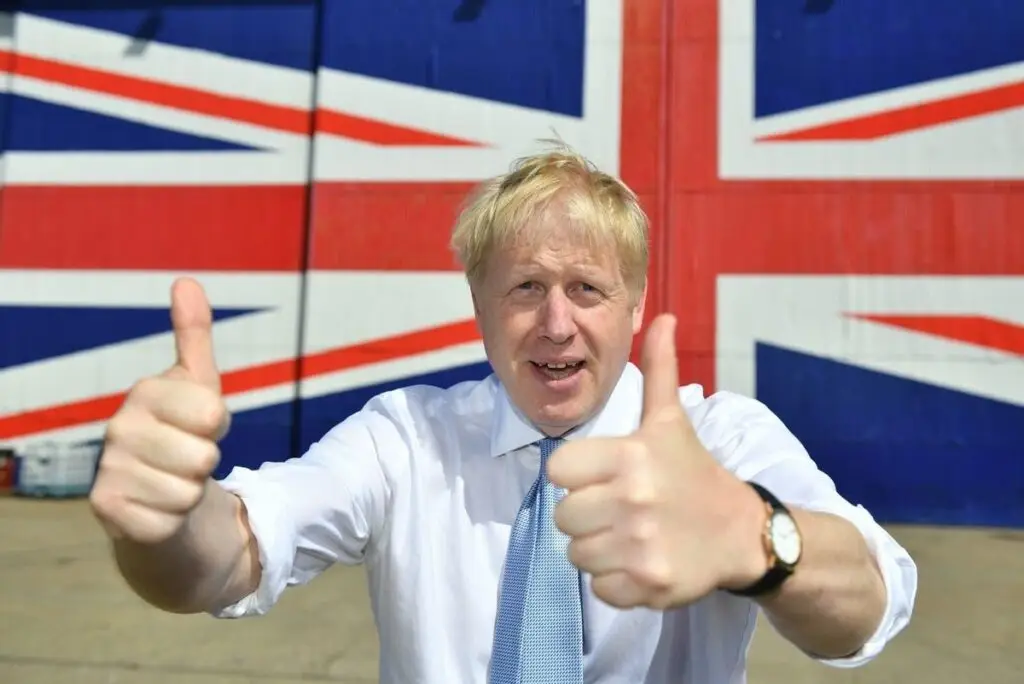Brexit was heralded as a new dawn for the United Kingdom, particularly by the Conservative Party. Their vision included freeports, which were supposed to act as commercial powerhouses, rejuvenating economically struggling areas.
However, the reality has been starkly different. Few businesses have taken up the offer, and many promises made have fallen flat. This article examines how the grand idea of freeports failed to meet expectations and the implications of this failure.
When Brexit was first proposed, freeports were touted as one of its primary benefits. Boris Johnson claimed in 2019 that the UK’s inability to create freeports was due to its EU membership. Rishi Sunak echoed this sentiment, asserting that freeports were nearly non-existent in the EU.
The government described these zones as national hubs for international trade and commerce. With promises of new jobs, investment, and regeneration, freeports were expected to breathe life into ‘left behind’ communities.
The Office for Budget Responsibility (OBR) had already predicted this outcome, stating in 2021 that the impact on UK GDP would be minimal. They asserted that it would be difficult to discern the economic benefits, even in hindsight.
Concerns were also raised about the potential rise in corruption and criminal activities due to the relaxed regulations and oversight within freeports.
Michael Gove’s later comments at the House of Commons business and trade select committee suggested uncertainty about the future of freeports, questioning whether the customs sites were essential or merely advantageous.
Within government circles, there is increasing frustration over the continued tax breaks for freeports. This discord is especially pronounced as other departments are pressured to implement significant budget cuts ahead of Sir Keir Starmer’s first Budget in October.
This transition reflects the broader narrative of Brexit’s unfulfilled promises, as grand visions meet the harsh realities of implementation.
The concept of freeports, once a shining beacon of the Brexit campaign, has failed to deliver on its lofty promises. The minimal uptake by businesses and the subsequent disillusionment within government ranks highlight the gap between political rhetoric and practical outcomes.
As the UK continues to navigate its post-Brexit landscape, the freeport experiment serves as a cautionary tale of unfulfilled visions. It underscores the critical need for realistic policy-making that accurately translates into tangible economic benefits.


